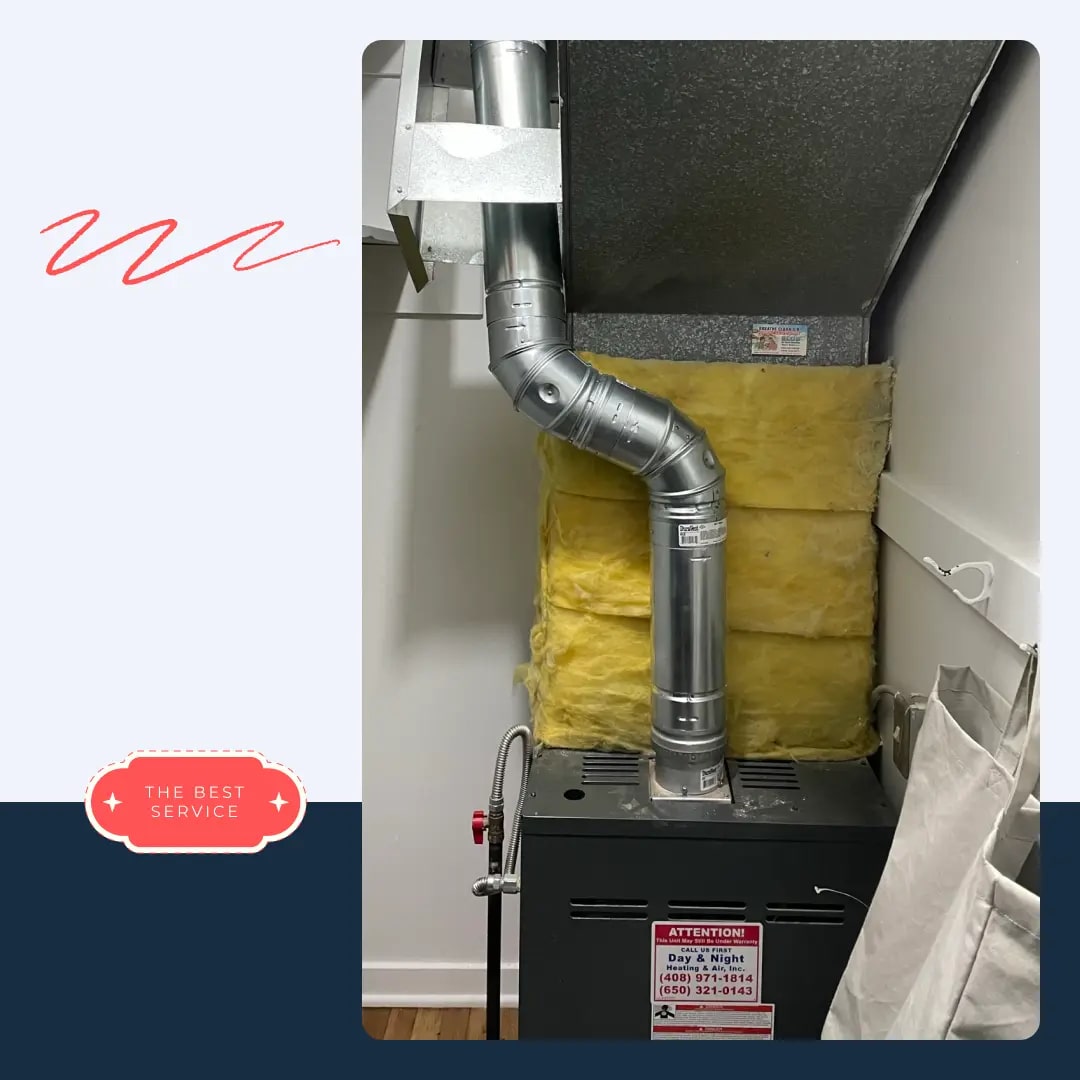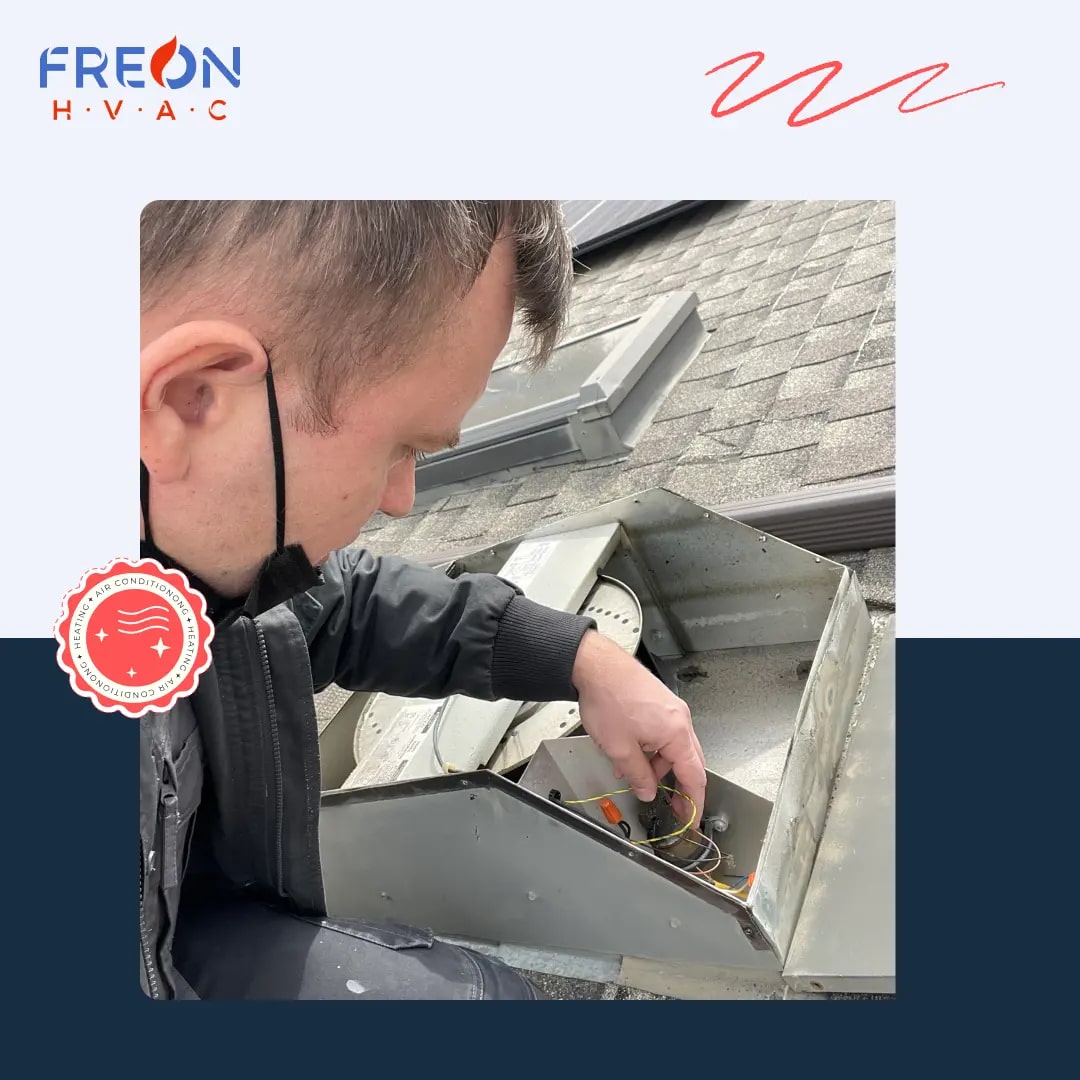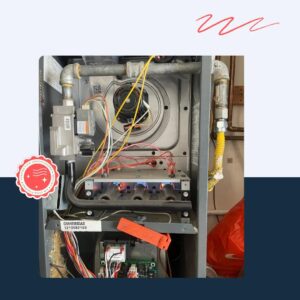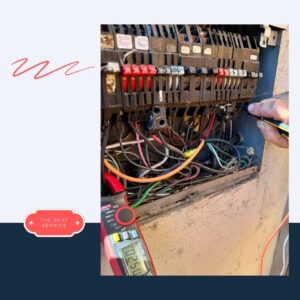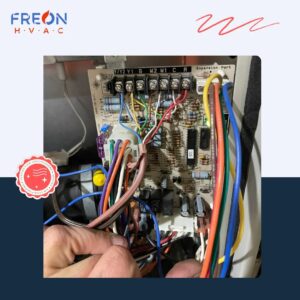AC Is Leaking Water: What It Means and What To Do First
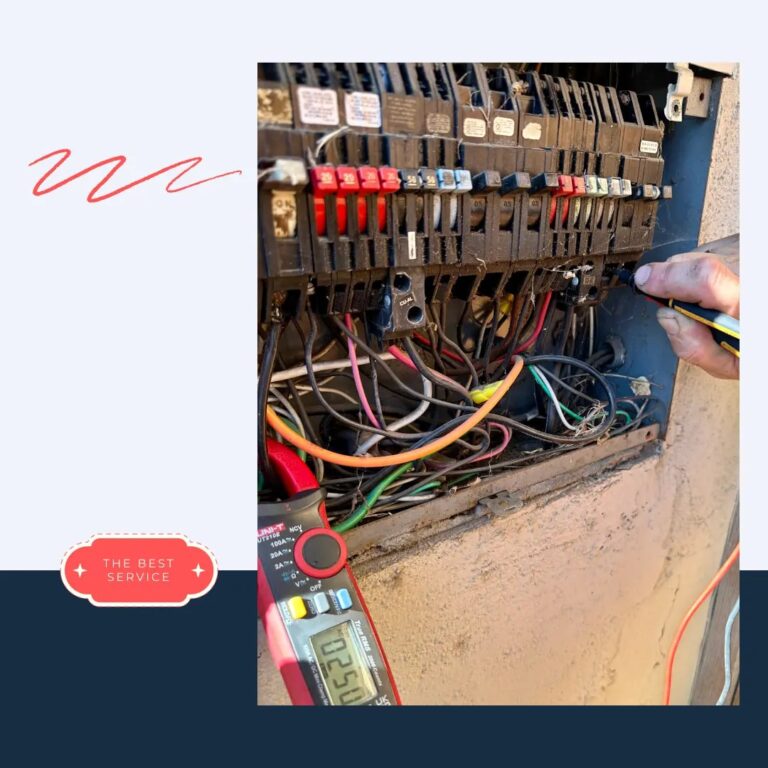
When your air conditioner suddenly starts “crying” – dripping on the floor, leaving streaks on the wall, or leaking from the casing – it’s always a worrying sign. Freon Service is here to calm you down and assure you this doesn’t necessarily mean a breakdown or big expenses ahead. In more than half of all cases, the reason behind these “tears” is so simple that homeowners can fix it themselves.
Dusty Filter and High Humidity as the Cause of a Leaking AC Unit
In California – especially in San Jose – summers are dry, but your cooling hero runs almost nonstop. The air is dusty, and that’s exactly where it all begins:
- The filter clogs with dust, lint, or tiny particles.
- Airflow through the evaporator drops sharply.
- The air cools too slowly.
- Condensation can’t drain through the line in time.
- Water finds its own path – right into your room.
This might change how you see things: even a light layer of dust can throw off the balance and drive your cool guardian into a teary breakdown.
How to fix air conditioner leaking water inside?
Make it a habit to check your air filter once a month – especially during peak season. Include these quick steps in your routine:
- Remove the filter.
- Rinse it under warm water with mild soap.
- Let it dry completely before reinstalling.
- If it’s old or damaged – replace it.
Aircon Is Leaking Water Due to a Clogged Drain Line
If the filter’s clean but water still leaks inside, the drain is almost certainly to blame. The moisture that forms on the evaporator should collect in the drain pan and flow out through a pipe. When that path is blocked, water has no other choice but to visit your living room instead.
Let us drop this bombshell on you: we see this every day, and here’s why.
- During the summer, your comfort warrior runs nearly nonstop.
- Each tiny dust particle that enters the system slowly settles inside the drain line.
- After a few months, residue builds up, turning into a thick plug of dust, slime, and mold.
- That’s what blocks the water flow. And since it’s warm and damp in there – it’s paradise for mold and bacteria.
Brace yourself: an AC leak can develop even faster if:
- The drain line was installed with an incorrect slope, bend, or deformation. These cause standing water and clogs.
- Insects, leaves, or outdoor dust enter the external drain and block it.
Now, pay attention to this: if you notice moisture under your indoor unit and the filter is clean, try gently blowing through the drain line. But if the leak continues – it’s time to call a Freon Service technician.
AC Unit Leaking Water Inside Due to Incorrect Installation
Sometimes, the culprit behind this unpleasant surprise is… physics.
Here’s the scoop:
- An air conditioner must be installed with a slight tilt outward – just a few degrees – to let condensation flow naturally outside the casing.
- But if the unit is mounted perfectly level or, worse, tilting toward the room, water will follow gravity’s call – straight down your wall.
- As a result, you may notice damp spots under the window, even though the unit itself seems to be working just fine.
Here’s the fundamental issue behind why the AC unit is leaking water:
- Even a small tilt disrupts proper drainage. This is especially critical for window and wall models designed for outward drainage.
- Even if installation was perfect, shifts or loosened brackets can occur over time. After several seasons or due to vibration, the unit may “sink” inward – and the water follows.
Without hesitation, check your warrior against the summer heat. If it tilts slightly outward, all is well. If it leans inward, place a thin shim under the inner edge or call a technician to re-level it properly.
Damaged Drain Pan and the Unpleasant Surprise of a Leaking Air Conditioner
If the tears don’t stop even after cleaning the filter, checking the drain, and adjusting the tilt, the problem may lie in the drain pan itself.
Here’s how it works:
- This part is hidden inside the unit.
- It collects condensation before the water drains outside.
- But when the pan cracks, deforms, or sits at the wrong angle, the system stops functioning properly.
- Moisture builds up and spills into the room.
So, AC is dripping water. You might be wondering: Why?
- Over time, plastic loses flexibility – especially under constant moisture and vibration. The pan may sag or crack at the corner.
- If it’s not sloped toward the drain hole, water stagnates and rises higher with each cooling cycle.
- Dust and sediment settle at the bottom. Even a partial clog blocks drainage, leading to overflow.
- If the frame or brackets shift, the geometry inside the unit changes – and even a perfect drain pan can fail.
Let’s get to the facts: you can check this yourself by following a few simple steps.
- Unplug the unit – safety first.
- Look for visible cracks or deformation. Sometimes, you can spot the damage after removing the front panel.
- Wipe the pan and see if water remains after several hours. If it does, the drain is clogged.
- Flush the drain line. If you’re not sure how, check our detailed guide.
If access to the drain pan is limited, or you’ve done all this and the air conditioner is leaking water anyway, the issue runs deeper. It may involve:
- The compressor,
- The evaporator, or
- A refrigerant leak.
Those are areas you shouldn’t touch without tools and a license. That’s when it’s time to call Freon Service.
Our technicians will:
- Find the exact source of the leak, even deep inside the system,
- Safely recharge the refrigerant,
- Clean the drain and pan from mold and buildup,
- Check humidity and airflow levels,
- Test the system under load to ensure the water dripping from AC indoor unit never returns.
Summarizing the above, let’s note that your AC shouldn’t be crying – leave that to the heroes of melodramas. So as soon as you notice the first signs of a leak, don’t wait until the water reaches the floor. Call Freon Service, and we’ll arrive the same day to bring cool comfort and order back to your home.
After our professional touch, your summer essential will once again run quietly, cleanly, and exactly the way you’re used to.
